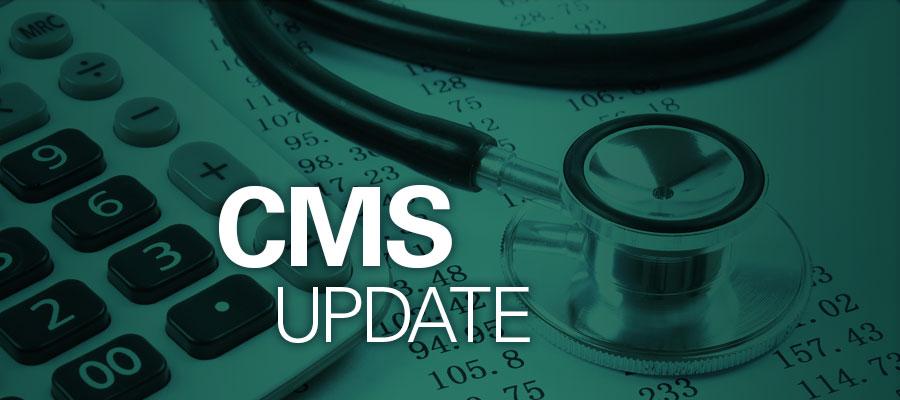CMS issues proposed rule on bundled payment model for radiation oncology

The Centers for Medicare & Medicaid Services today issued a proposed rule setting forth a bundled payment model for radiation oncology, which would be mandatory in certain areas of the country. Under the model, participants would receive a bundled payment for 90-day episodes of radiation therapy for 17 disease sites, including breast, lung, prostate, kidney and colorectal cancer. This bundled payment would be made instead of regular Medicare fee-for-service payments; providers would keep any savings if spending is less than the bundled payment, subject to quality and patient experience measures, but also would be responsible for any spending above the payment amount. In addition, the model is designed to be site-neutral — that is, the bundled payment amount is designed to be calculated similarly regardless of whether the provider is a physician, hospital outpatient department or non-hospital setting. CMS proposes to run the model for five years, beginning either Jan. 1 or April 1, 2020. The proposed rule is expected to be published in the Federal Register soon, and CMS will accept comment for 60 days after publication.

